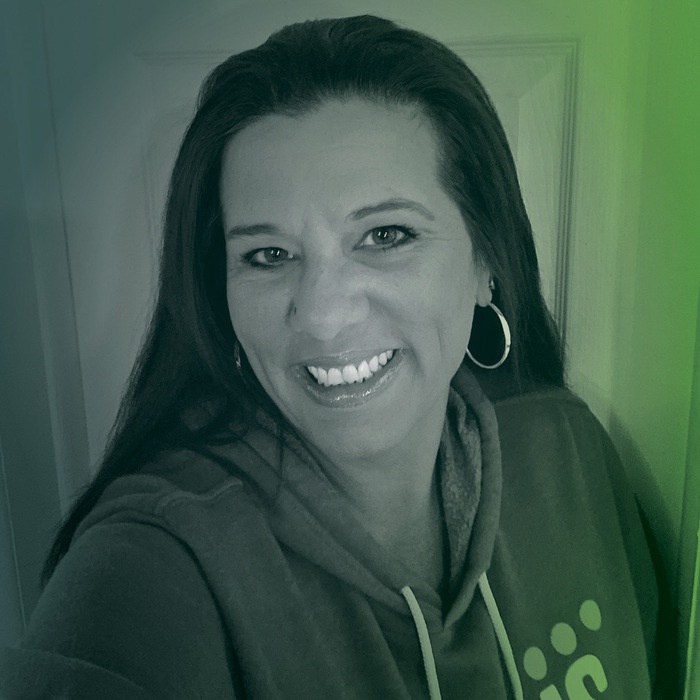
What is your position with Ellipsis?
I’m a family peer support specialist.
How long have you worked here?
I’ve worked at Ellipsis for about a year.
Have you had any other roles/jobs during your tenure with Ellipsis?
I’ve always been a family peer support specialist at Ellipsis.
What drew you to work at Ellipsis?
I was having lunch with Jamie Bussell, Ellipsis’ chief financial and administrative officer, and was talking about how I wanted to finish my degree in psychology and do something that would make a difference. She told me about the position that was open for a family peer support specialist.
I have a child with autism and also had a child with Down syndrome who passed away two days before he turned 10 months old, so I want to support kids and parents. I became a single mom in late 2022 and understand the struggles, especially the heightened struggles that come from being a single mom of a child or children with special needs.
People don’t understand the struggles of everyday life and the sacrifices you make on a daily basis when your children have special needs. People look at you like you are a bad parent when out in public, throw their noses up, snicker, make comments and glare. Many of the families I support are going through some situation that is similar to what I’ve been through. When caring for a child or children with special needs, behavioral problems, trauma or learning disabilities, it is hard to get through it on your own. No one should have to.
I say to the families I work with that I am here for you and we will build a village of support to get through this together. My role is not just a job. I sign out every day knowing I helped at least one person.
One thing about this role is that not only am I helping families, but they also are helping me. I have learned so much. I can take a conversation or piece of new knowledge to another family that may need the same thing and just didn’t know where to start.
Can you recall a moment (during your career with Ellipsis) when you felt like you were in exactly the right place, doing exactly what you should be doing? What was that like?
Once I started calling the families on my caseload, I made those connections very fast. One time, I summarized the conversations I had with the families and the differences we made to each other in an email to my supervisor.
“With these three families plus the one last week, I feel good that I can already have a relationship with them and that people will put trust in me to help or just be that phone call away.”
At that point, I knew I wanted to make Ellipsis the company I would retire from. If I can build a relationship, get trust from them and help just one person at a time, then I am doing something good, and that matters.
What are some of the more challenging aspects of this job?
Not having enough resources because there is a waitlist or not enough providers is tough.
What are some of the rewarding aspects of the job?
It’s great being that one call away for someone and building the relationships with families.
Why is it important to have residential programs in communities and qualified people working in them?
Not every child has options, and it is not their fault they are in the situations that they are. We have to protect our children and give them what they need. People need to be qualified because they have to understand each child’s needs. Every child will be different. Knowing the kids is the most important piece.
What is a misconception people may have about mental health treatment? How do you dispel that?
Mental health is a serious issue in this world, and we need more support for it. Mental health for a person can be so many different things. People see mental health struggles as dangerous, and that is not the case in many situations. Everyone needs to be more educated on it, and we have to get more options, providers, resources and programs out there.
If there’s anything else you’d like to add about your role, please feel free to do so!
When I tell people what I do, most don’t even know what Ellipsis is. That right there shows we as a world don’t know the problems and struggles that many people go through, the help that is out there, and how we can do more to support others. Our special-needs children need more from outside sources — more support from the communities, schools and governments nationwide.
